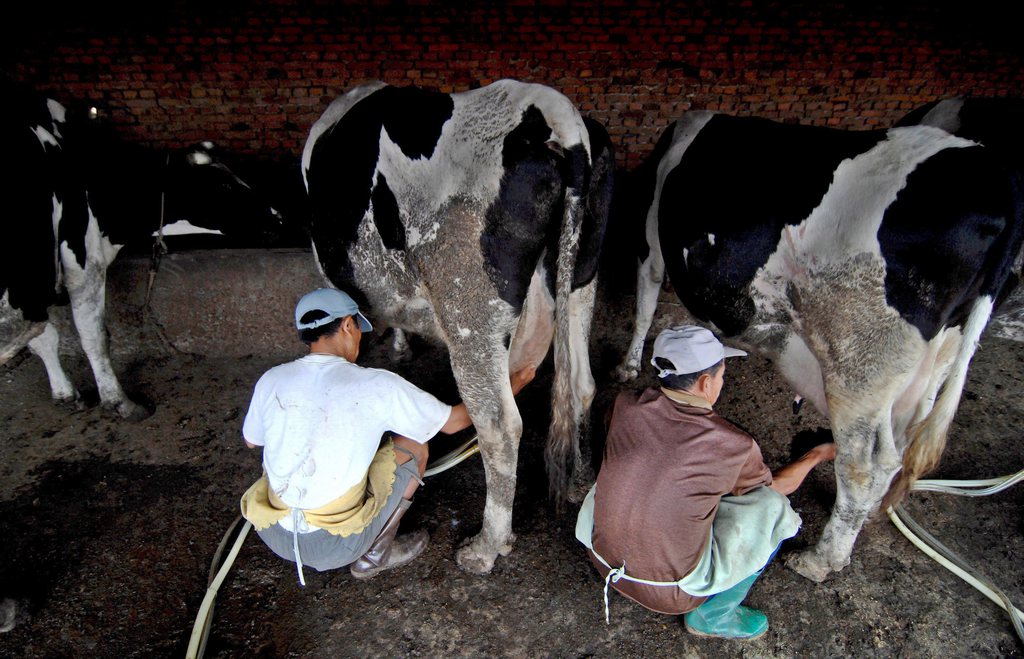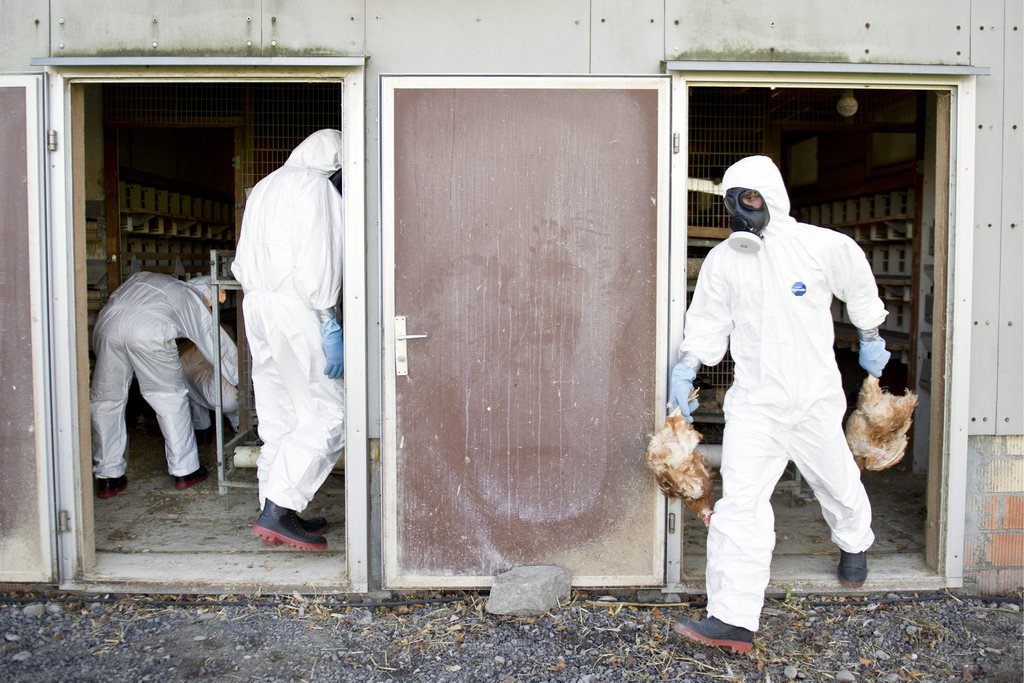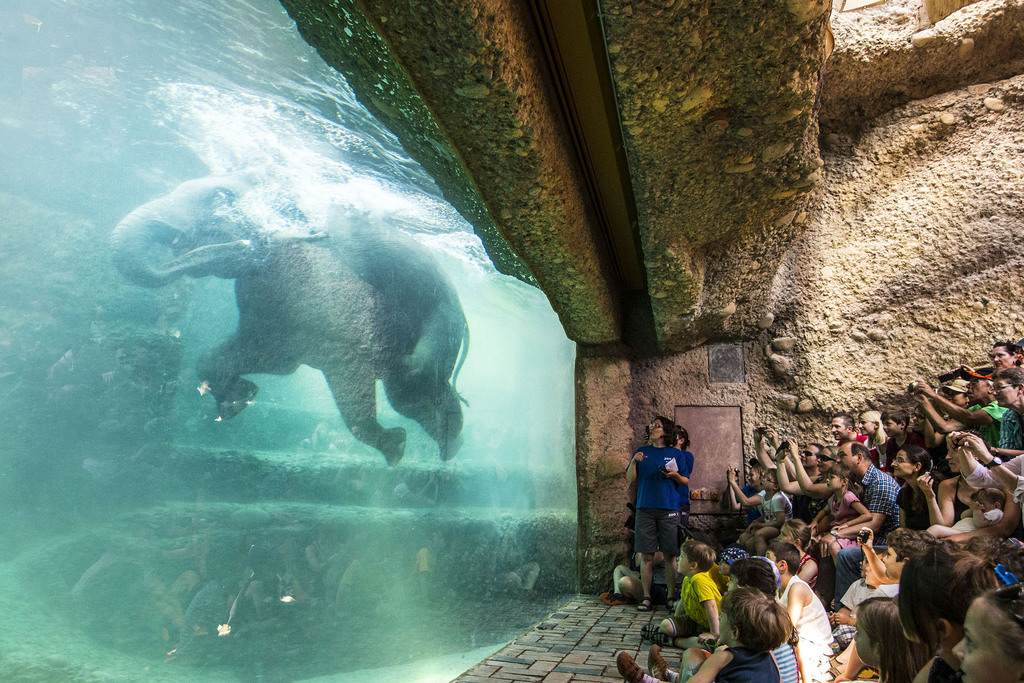Nestlé pledges humane treatment of farm animals

Nestlé, in partnership with the NGO World Animal Protection, has pledged to improve farm animal welfare in its supply chain. In a 2012 report backed by the same NGO, the food giant scored poorly for implementation of animal welfare measures.
Nestlé has committed to reviewing its current animal welfare practices and implementing a series of recommendations from World Animal Protection in the future.
Two years ago, Nestlé figured almost at the bottom of the Business Benchmark on Farm Animal Welfare (BBFAW) reportExternal link supported by World Animal Protection (formerly World Society for the Protection of Animals). Nestlé’s “tier five” status indicated that animal welfare was on the business agenda but there was limited evidence of actual implementation.
In 2013, the company moved up to “tier three” status, which represents an improvement but indicates that more work needs to be done.
“The agreement will not affect Nestlé’s ranking in the BBFAW report,” Martin Cooke, International Head of Corporate Engagement for World Animal Protection, told swissinfo.ch. “The benchmark is conducted independently by a separate organisation and is based on publicly available information like CSR reports. We have no influence on the rankings or assessment.”
He also revealed that the NGO is in discussions with other multinational companies to forge similar partnerships on farm animal welfare issues.
Farm assessments being carried out
In March, Nestlé signed an agreement with World Animal Protection to enhance the company’s expertise on animal protection as a part of its broader responsible sourcing strategy.
Following the NGO’s involvement, Nestlé’s guidelines also sought to minimise pain for farm animals by using veterinary practices that reduce pain or by implementing different animal husbandry practices. For example, cows would be dehorned so they do not injure each other.
Hundreds of thousands of farms around the world will be affected by Nestlé’s new animal welfare guidelines as the food giant buys its animal-derived products from some 7,300 suppliers who, in turn, buy from others.
According to Nestlé, independent auditor SGS has carried out numerous assessments of its supplying farms so far in 2014. Some of these checks are also attended, unannounced, by World Animal Protection representatives whose role is to verify the auditors.
When a violation is identified, Nestlé has pledged to work with the supplier to improve the treatment of farm animals and ensure they meet the required standards. If, despite engagement and guidance from Nestlé, the supplier is unable or unwilling to show improvement, Nestlé has said it will no longer count among its suppliers.

In compliance with the JTI standards
More: SWI swissinfo.ch certified by the Journalism Trust Initiative




You can find an overview of ongoing debates with our journalists here. Please join us!
If you want to start a conversation about a topic raised in this article or want to report factual errors, email us at english@swissinfo.ch.